In the intricate tapestry of international relations, few threads are as entangled and as enigmatic as those between Japan and North Korea. This deep dive into the veiled history of Japan-North Korea negotiations not only unveils the roots of this complex relationship but also critically examines the twists and turns it took under the administration of Shinzo Abe. We also explore the subsequent inertia in the diplomatic efforts of Fumio Kishida’s government, a legacy of his predecessor’s policies.
- The Genesis of Japan-North Korea Dialogue
The pivot to substantial Japan-North Korea negotiations began under Junichiro Koizumi’s administration, tracing back to the initial efforts of Kunihiko Makita, the first Director-General of the Asia and Oceania Affairs Bureau.
In a landmark move in 1997, Makita accompanied a delegation led by Yoshiro Mori, Secretary-General of the Liberal Democratic Party, to North Korea, signaling the onset of a dialogue that would later encompass the critical issue of Japanese abductions.
A mysterious figure, known as “Hwang Chol,” emerged as a key intermediary, adept in the intricacies of both Japanese diplomacy and North Korean politics. - Abe’s Influence on Diplomacy
Under Abe’s leadership, the Japanese government emphasized the abduction issue, harnessing it as a political tool in a broader geopolitical game.
This approach introduced distortions in Japan’s diplomatic strategies towards North Korea, raising questions about the efficacy and motives behind such policies. - Tanaka Hitoshi and “Mr. X”
Tanaka Hitoshi, a pivotal figure in Japan-North Korea negotiations, found himself at odds with Abe’s administration, primarily due to differing approaches to handling the delicate issue of abductions.
The emergence of “Mr. X,” a North Korean figure of enigma and influence, marked a turning point in the negotiations, although his true identity and influence remained shrouded in mystery. - Kishida’s Inheritance of Abe’s Legacy
Following in Abe’s footsteps, Prime Minister Fumio Kishida continued to espouse the policy of unconditional engagement with Kim Jong-un.
However, Kishida’s efforts have been critiqued as a mere continuation of Abe’s policies, lacking the necessary vigor and innovation to bring about a significant breakthrough in Japan-North Korea relations. - The Current State of Japan-North Korea Diplomacy
Abe’s foreign policy approach towards North Korea has significantly impacted international efforts to address the abduction issue.
Yet, the diplomatic trajectory set by Abe’s administration and its continuation under Kishida have left Japan-North Korea relations in a state of complicated stasis. - The Future of Japan-North Korea Relations
For progress in Japan-North Korea negotiations, a fresh approach and a comprehensive reassessment of diplomatic policies are imperative.
Overcoming the challenges set by Abe’s foreign policy direction, there is a pressing need to foster efforts towards normalizing Japan-North Korea relations.
This article sheds light on the complex historical and contemporary dynamics of Japan-North Korea relations, with a particular focus on the diplomatic strategies under Shinzo Abe and the subsequent direction under Fumio Kishida. As the geopolitical landscape evolves, a renewed diplomatic approach between Japan and North Korea is eagerly anticipated.

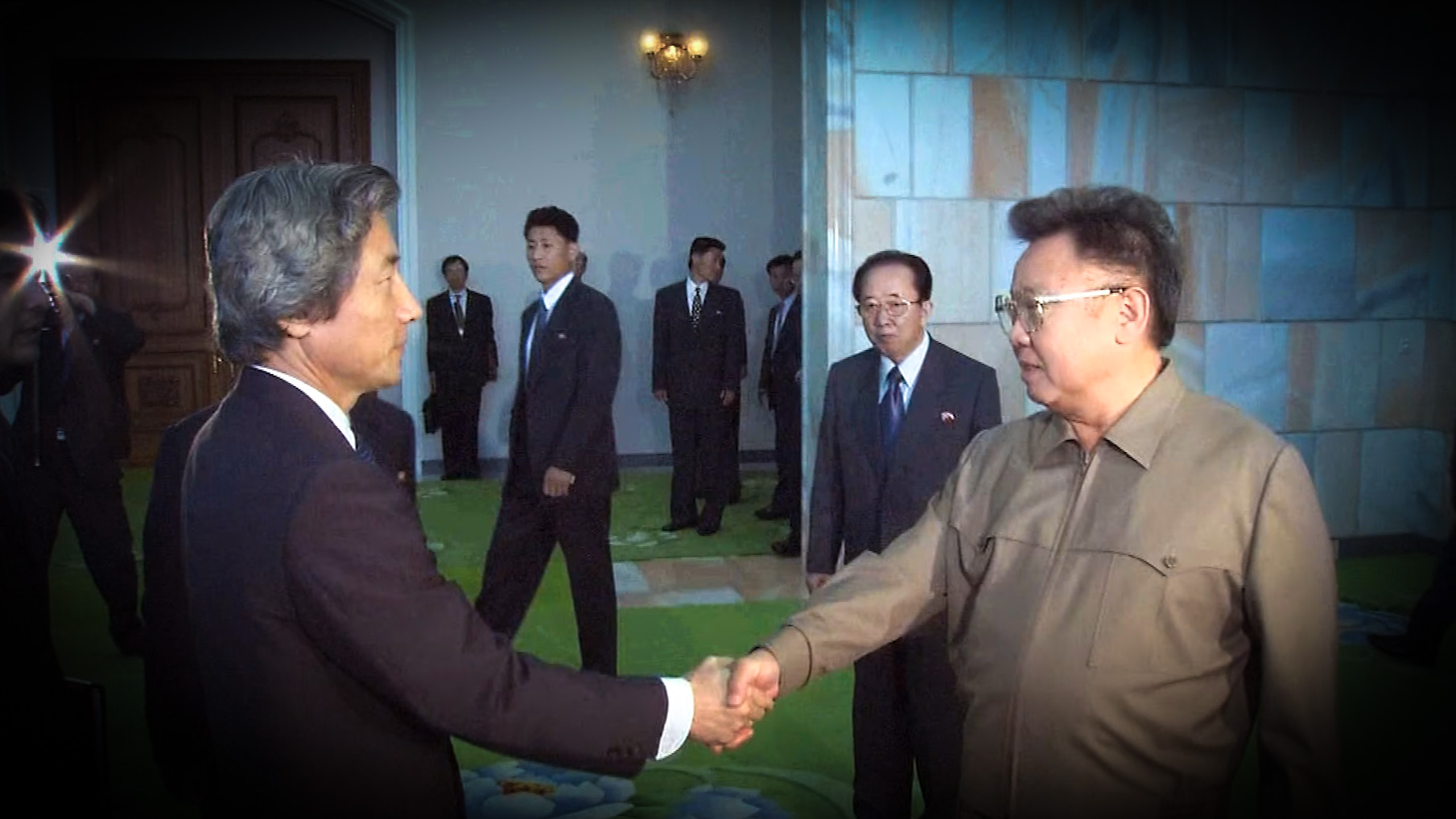

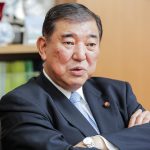
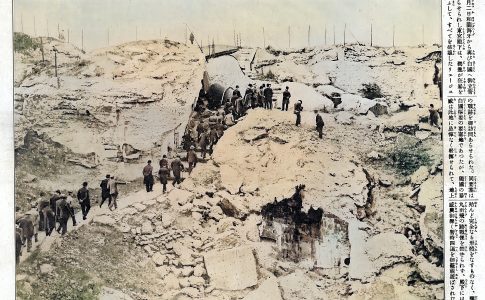
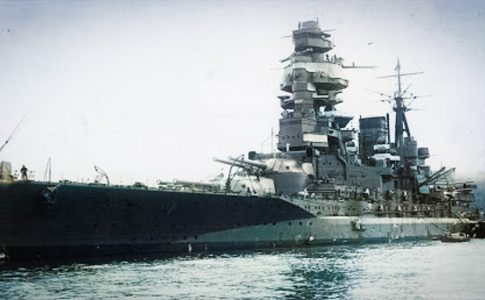
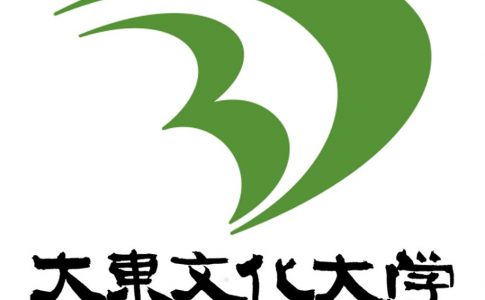
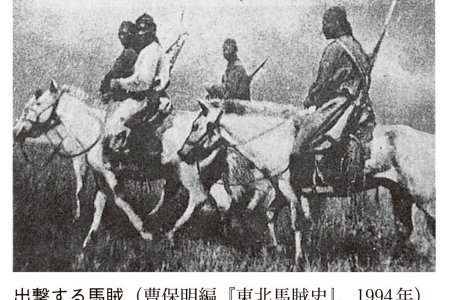
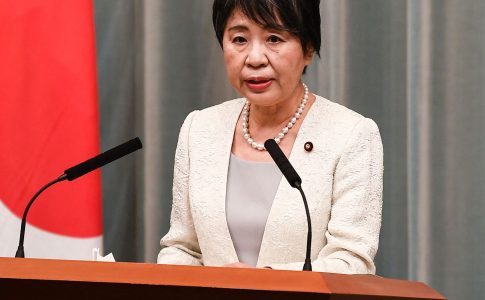
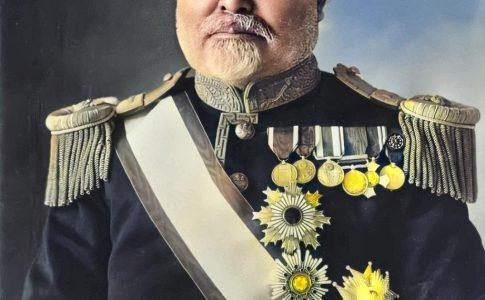
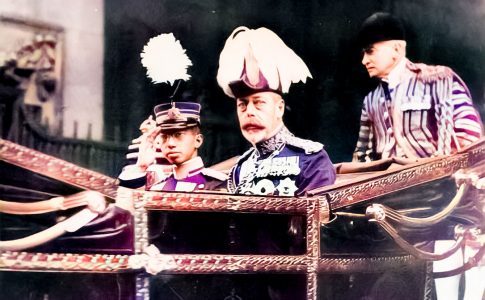

Leave a Reply